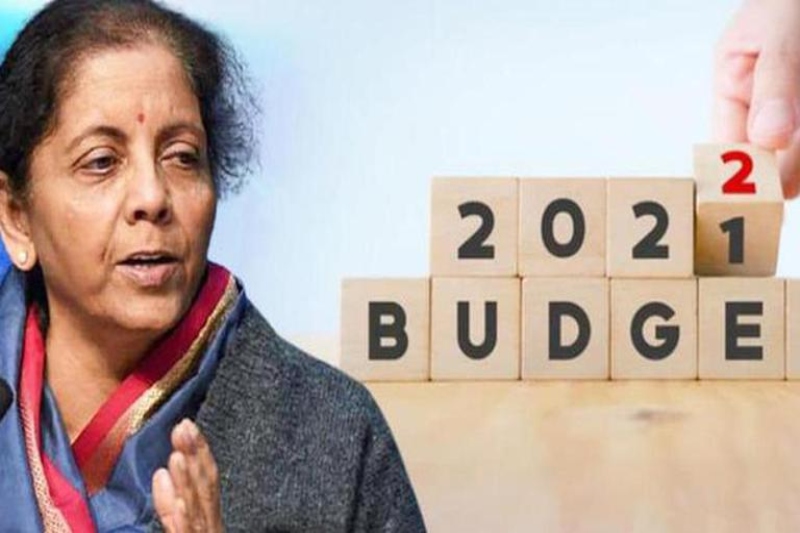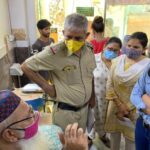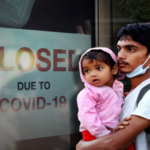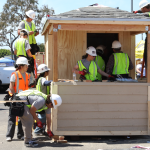
should the indian union budget have sizable allocation towards child labor eradication (1)
Last updated on October 25th, 2022 at 10:55 am
 India – The Indian Union Budget 2022 seems to have taken a balanced approach towards the tax payers’ money. But the ones who are not happy include Child Protection NGOs that are seeking bigger allocation of funds in order to fight child labour in the country.
India – The Indian Union Budget 2022 seems to have taken a balanced approach towards the tax payers’ money. But the ones who are not happy include Child Protection NGOs that are seeking bigger allocation of funds in order to fight child labour in the country.
Other requests include enhanced budgetary allocation for rehabilitation of bonded labour especially children. It is worth knowing that this is all a part of the overall budget head of the National Child Labour Project (NCLP).
Related Posts
Child labor continues to be a huge problem in the country. According to a formal statement made by Executive Director Kailash Satyarthi Foundation Jyoti Mathur, “It is noteworthy to mention here that the percentage share of the Union Budget allocated for the welfare of children has been reduced from 3.16 per cent (2020-21) to 2.46 per cent (2021-22). This is the lowest share of the budget allocated for the welfare of children in the last 11 years,” she said.
“In addition, if we look at the budget allocation for the previous two years, the total budget allocated towards the welfare of children has declined by 11 per cent in 2021-22 over 2020-21 (a decline from Rs 96,042 crore in 2020-21 to Rs 85,713 crore in 2021-22).”
The country also needs to have a concrete action plan against this growing menace and act of inhumanity that robs a child of his or her childhood. Over and above this, the Covid-19 impact has hugely affected children in all ways. Apart from deprivation of nutritious food, they are also deprived food security, sense of belonging and forced into manual labor for which their bodies are not even ready. Chief Executive Officer of Child Rights and You (CRY), Puja Marwaha further added that, “Underscoring the importance of adequate provisioning for the child protection systems, she said, “Given the increase in numbers of children facing risks such as entry into child labour or marriage, more investment in strengthening the social safety-net and effective preventive mechanisms needs to be accelerated on an immediate basis.”


















